Modern wardrobes have gotten increasingly casual. What was once “business casual” for a lot of people is now just “business.” The dress codes for shirts, skirts, pants, and jackets are all pretty clear, but shoes are a little unclear.
Are sneakers business casual? The answer isn’t just a strict yes or no. It depends on many things, including your workplace and the style of shoes involved. As a big proponent of sneakers of all styles, Kizik is invested in getting to the bottom of this.
Below, we outline the definitive way to tell whether your sneakers are business casual or not. We’ll also showcase the situations in which sneakers are and are not acceptable as business casual apparel.
What is modern day business casual?
Business casual apparel started as a more comfortable form of traditional business clothing. It was a dressed-down version of the suits and dresses that defined the white-collar working class.
Today, business casual apparel more closely resembles the clothes many of us wear in daily life. Business casual may include your favorite jeans or cardigans, depending on the formality of your workplace.
This change in business apparel also extends to footwear.
Common business shoes
The traditional business footwear includes Oxfords or buckled shoes for men, and heels or professional-looking flats for women. Going casual means introducing dress boots, loafers, wedge heels, and more to the mix. Whether or not sneakers are included is a bit of a tricky subject.
Part of this depends on the workplace. Another major part of it depends on the context of the day. Some places have regular dress codes which encourage business casual apparel. Others make it part of a weekly tradition. After all, business casual apparel started confined to a single day in the form of Casual Friday.
To put a long story short: Sneakers are business casual shoes, for the right kind of business. But what kinds of businesses allow sneakers? While this does come down to the individual company, there are certain industries where sneakers not only fit the dress code but are standard clothing options.
Situations where business casual shoes are acceptable
There’s a variety of situations where sneakers are acceptable as business apparel. One of the most widespread is the medical field. With most physicians working anywhere from 40 to 80 hours a week, comfortable work shoes are a necessity.
Next time you visit the doctor, pay attention to what people are wearing. Odds are that you’ll notice receptionists, nurses, and even physicians wearing sneakers or casual shoes. The reason for this is simple and comes down to one of the major benefits of sneakers: grip strength.
Sneakers tend to have superior grip, perfect for working environments where water contact is a risk. They are also used in the medical field because of the material. Sneakers tend to use synthetic materials which are easily washed. These are also often quick-drying, ensuring that wet shoes aren’t a worry.
The tech industry also tends to favor more casual wear in the workplace, as do startups in many spheres. Creative roles like art direction and design also tend to favor casualwear. Pay attention to what your coworkers wear, and choose your own clothing accordingly.
There are other practical reasons to wear sneakers in the workplace. They allow more comfortable, freeform movement than other types of shoes. Wearing them in place of heels can reduce joint strain, too.
If you want to upgrade your business-casual sneakers, choose shoes with special materials. Most shoes use mesh, which gives a distinctly casual look. The Madrid Eco-Knit, in men’s and women’s styles, instead uses a knit fabric for a slightly more upscale appearance.
If you want a shoe that’s slightly more polished, try our Vegas design. Crafted from premium, full-grain leather, these shoes bring a touch of formality to an otherwise casual style.
When might you be expected to wear more formal attire?
In general, front-facing workplaces are more likely to maintain a dress code that disallows sneakers. Clothing has a psychological impact on how people perceive you. Formal clothing creates social distance, while casual clothing creates a greater sense of intimacy.
Formal clothing is more likely in official settings where professionalism is at the utmost. Law offices, investment firms, and banks are more likely to enforce formalwear at work. Casual clothing may be more acceptable in offices that are closed to the public or don’t involve face-to-face meetings.
What to look for from your business casual sneakers
Okay, so we have established that sneakers belong in business casual apparel. But, no two sneakers are made alike, so how do we determine which ones belong in the workplace?
The first consideration in picking your sneakers for work is the color. Color is carefully related to dress code, with subtler monochrome and dark saturated colors seemingly more formal. When choosing new sneakers, you can never go wrong with black and white, navy, forest green, and other dark colors.
You should also consider the style of your sneaker. There are two core types of sneakers: casual and athletic.
Casual sneakers include laceless slip-ons, high tops, and other pieces made for general function. Athletic shoes include running shoes, tennis shoes, and other pieces. Athletic shoes tend to have bolder styles that may clash with business casual apparel. Active sneakers, however, can have more subtle designs that blend in well.
Avoid sneakers you’d wear to engage in serious athletics, and stick to subtler designs that match with more of your work wardrobe.
It should go unsaid, but choose footwear that says something about your own style! Business formal may be about blending in in some way, but business casual isn’t. Choose footwear as great in the office as it is for your style beyond it.
When not to wear sneakers as business casual apparel
Sneakers are great for comfort, but we have reasons to wear other shoes. Otherwise, many of us would wear nothing but comfortable sneakers all the time! There are a few times when you might want to consider dressing more formally for work and work-related events.
If you have a presentation that’s critical for impressing others you may want to change out your sneakers for formalwear. The psychological fashion trick we stated above? Use it to your advantage.
If you have an interview, it’s a similar time to upgrade your professionalism. Again, this all ties into the greater work culture at play. If your environment values casual and comfortable style, feel free to embrace the style that best exhibits you.
Choosing the right sneakers for you
The verdict is in: Sneakers are business casual, and there are plenty of ways to style them for the workplace. They don’t sacrifice one iota of style for comfort. Instead, they ditch formality for a more authentic, comfortable expression of self.
That’s well and good, but where do we find our shoes? For men, women, and children, Kizik aims to provide a sneaker line unlike any other. Our special trademarked designs result in more durable soles, shape-retaining heels, easy slip-on functionality, and more.
Putting on your Kiziks is as simple as stepping into them. No hands are needed, not even to guide your feet through the heel. Getting ready for the day, whether it’s work or a wonderful day off, has never been so simple.
Unlike some work apparel, your casual footwear can be worn nearly anywhere. As a daily part of your life, why not choose something to make it easier?
Sources:
Casual Friday | Encyclopedia
How Many Hours are in the Average Physician Workweek? | American Medical Association
The Cognitive Consequences of Formal Clothing I Columbia


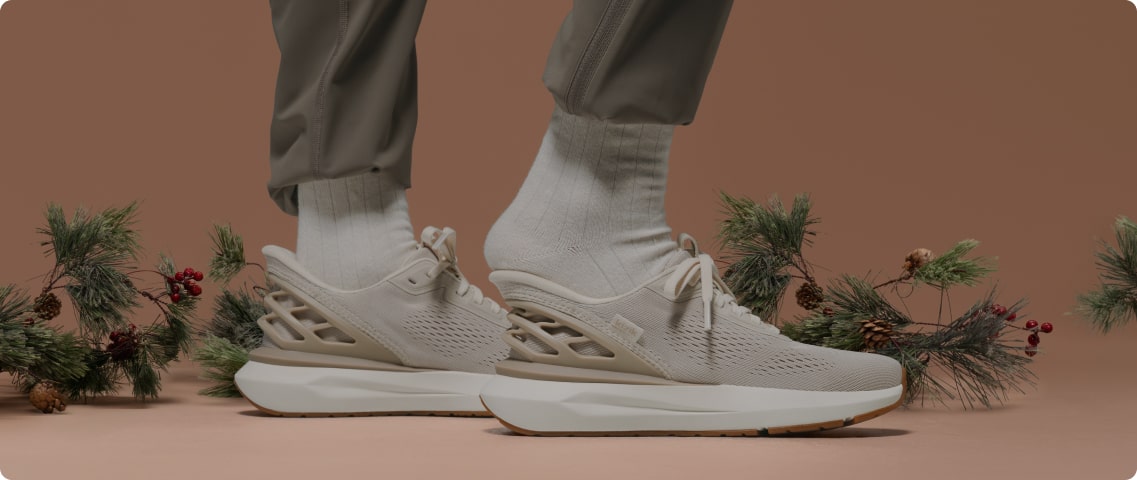
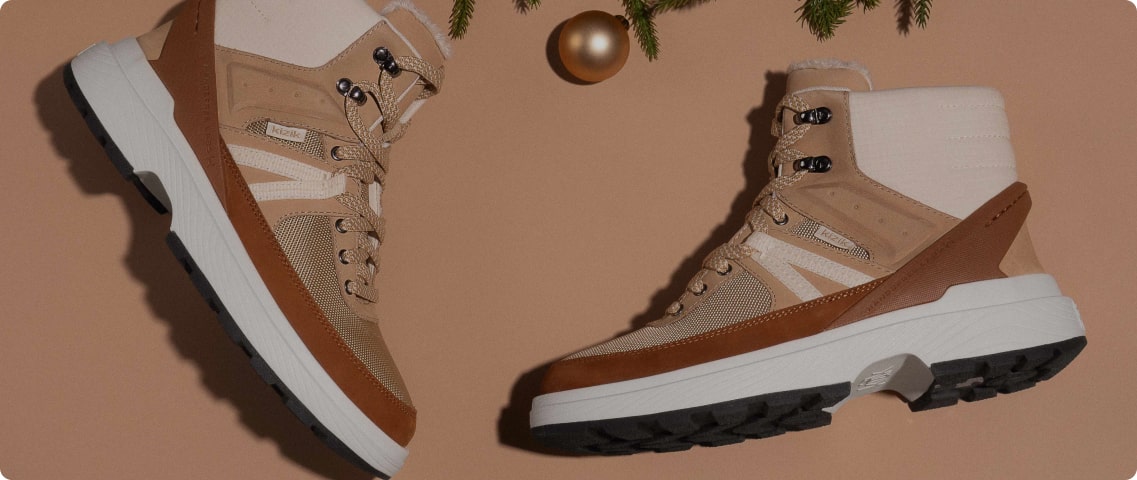
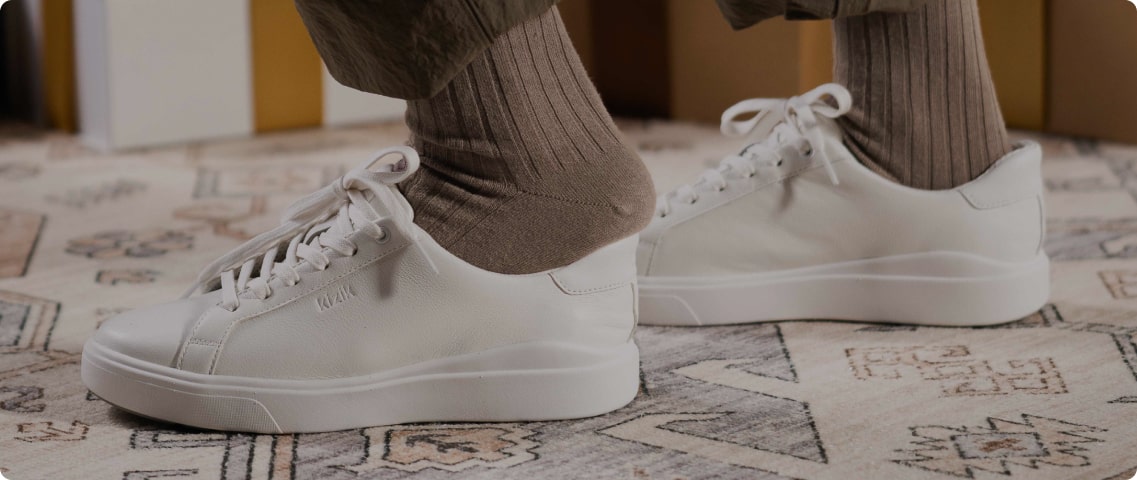
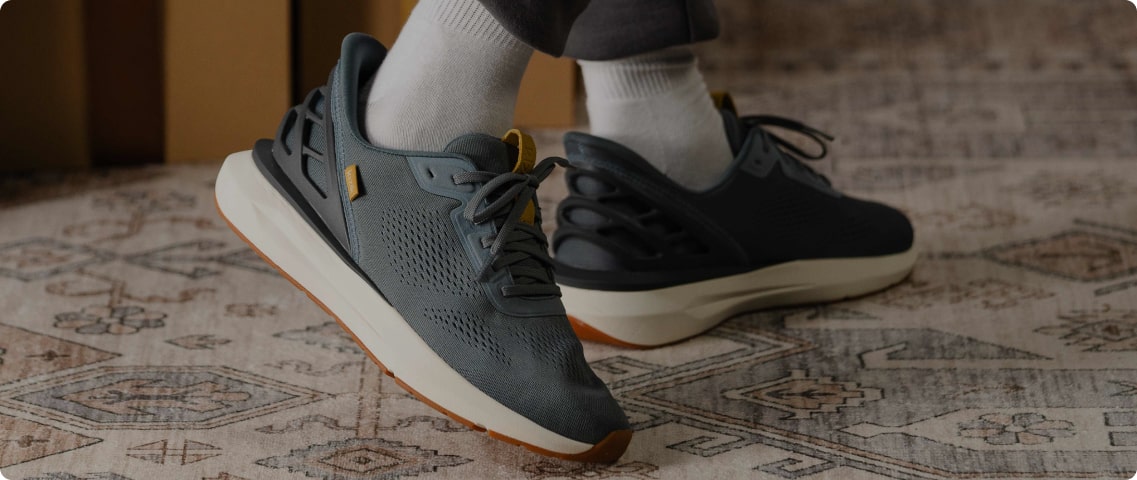
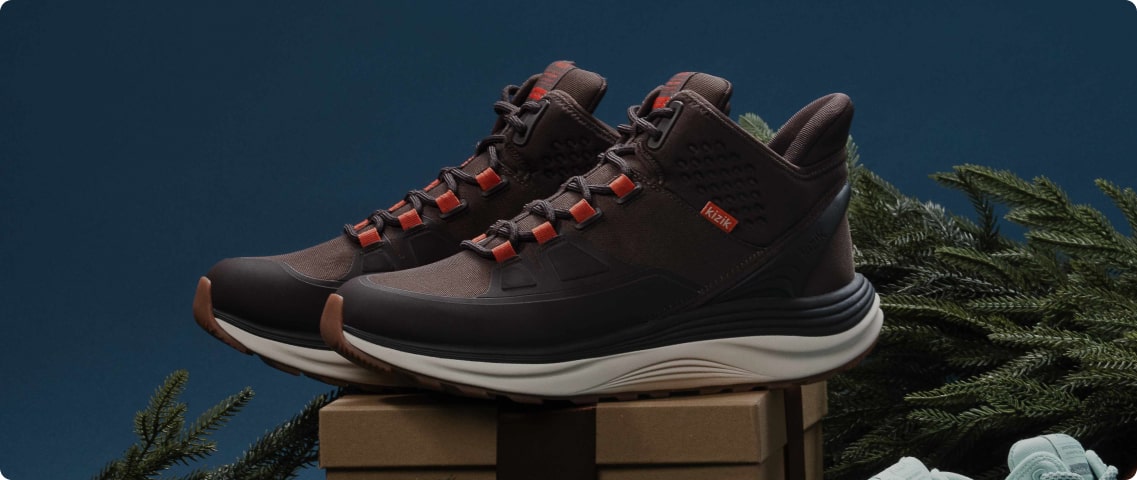
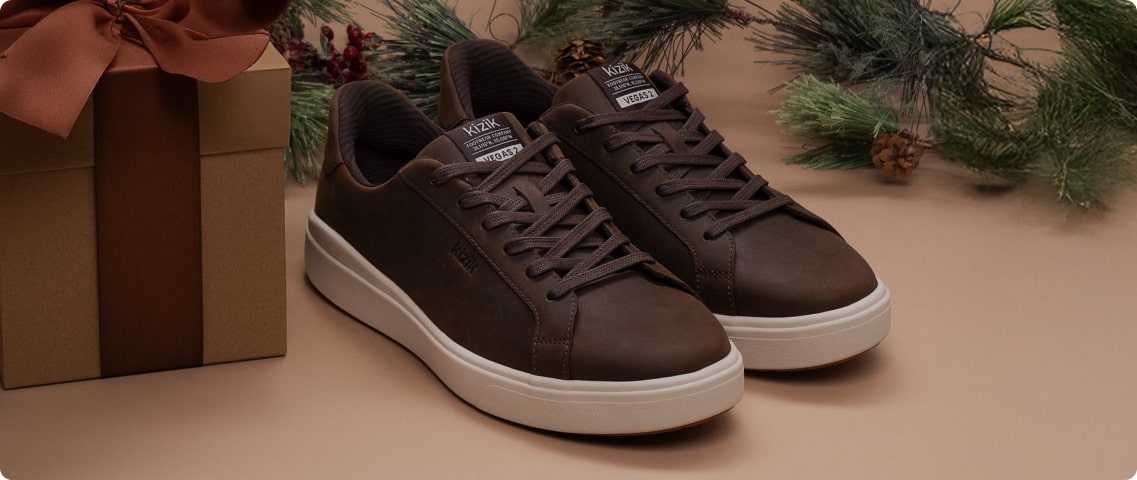
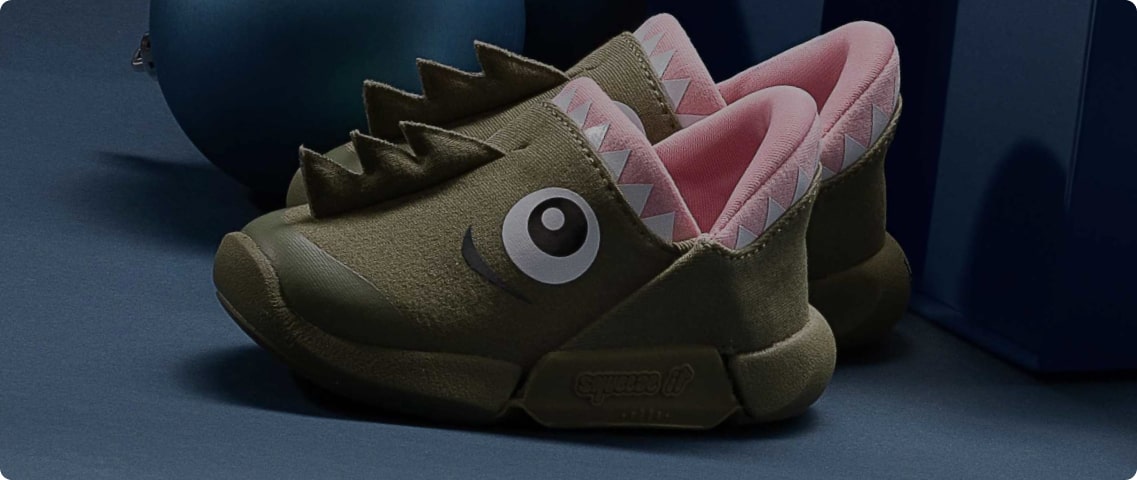
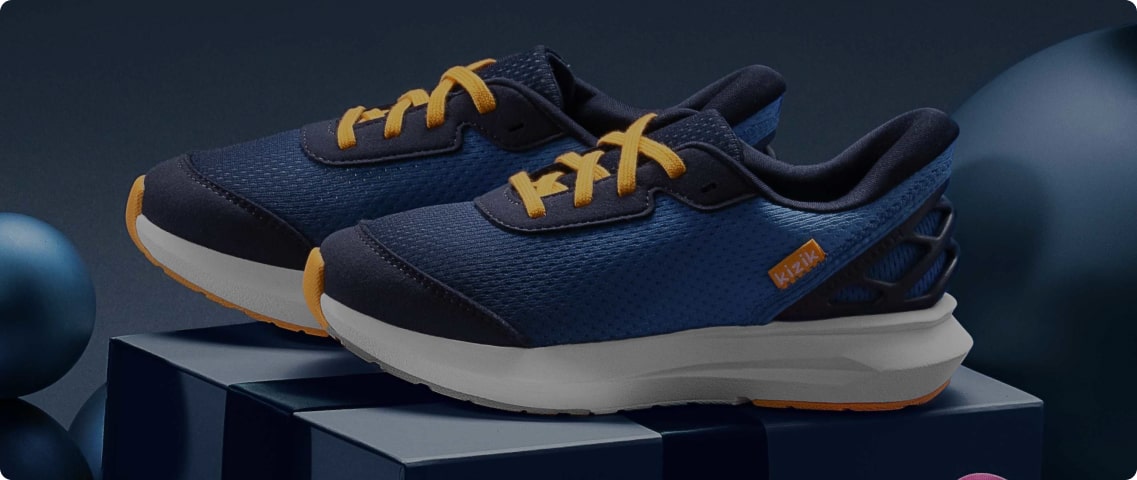
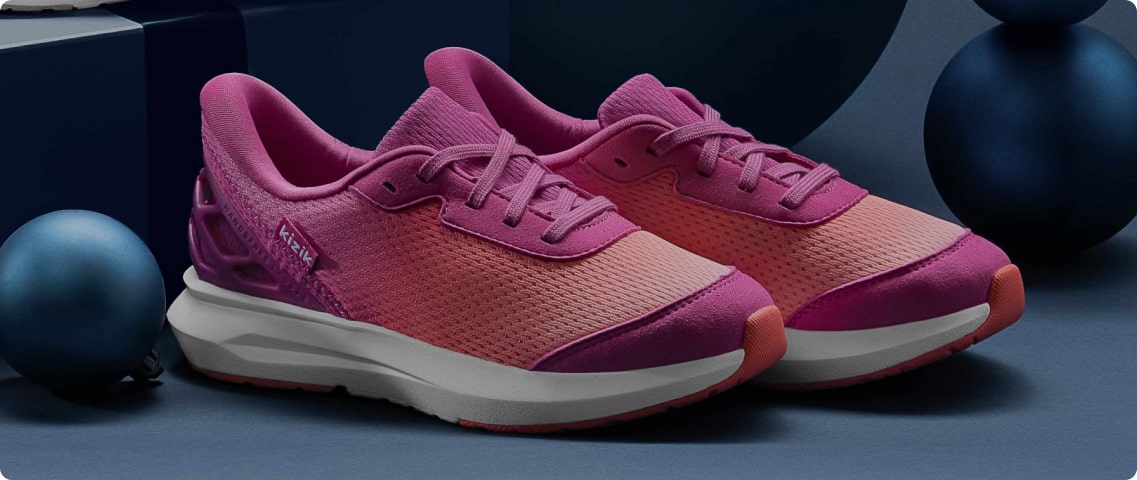

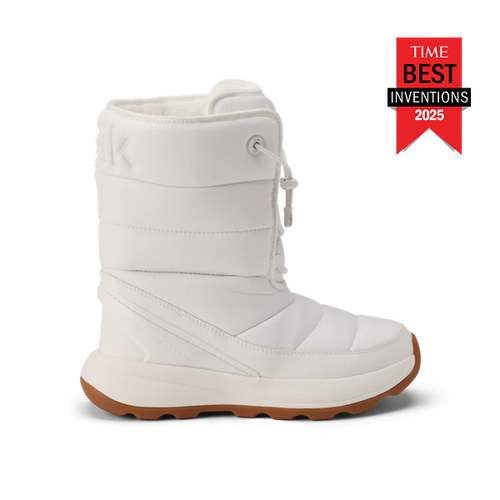


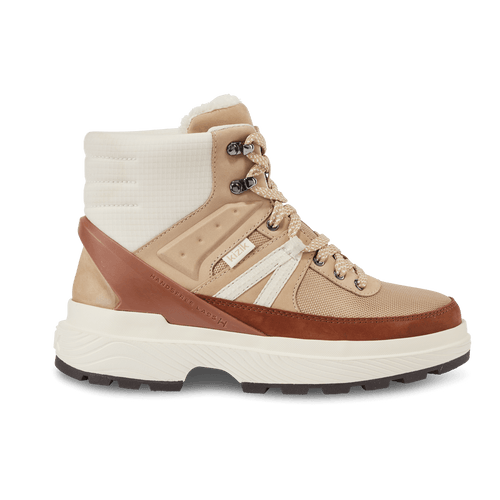
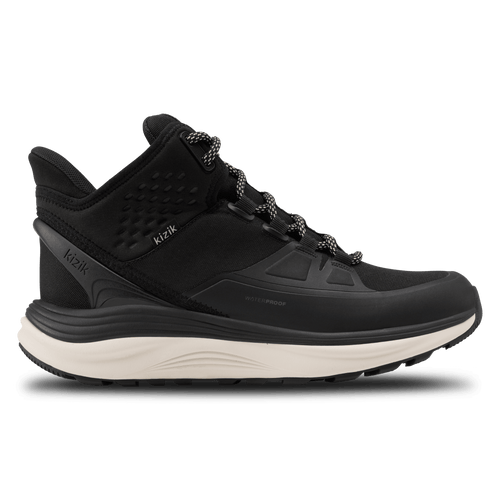





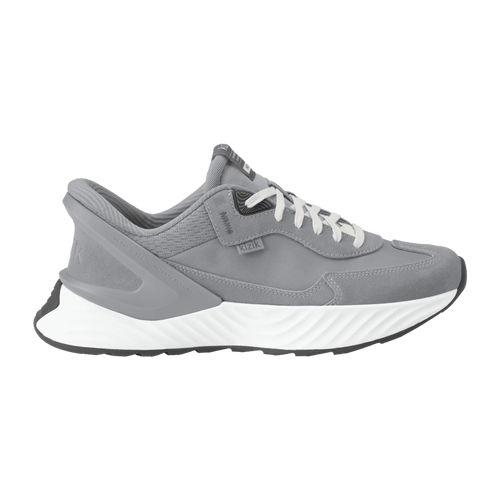


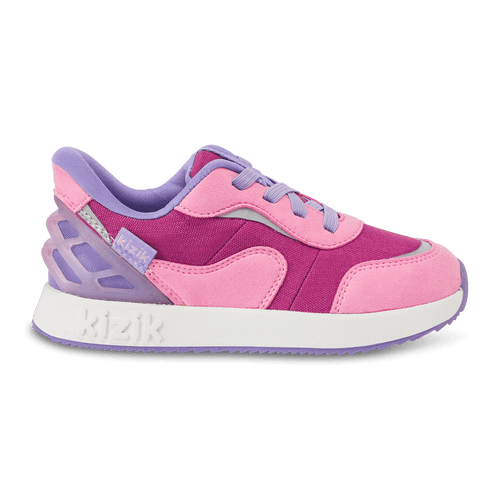


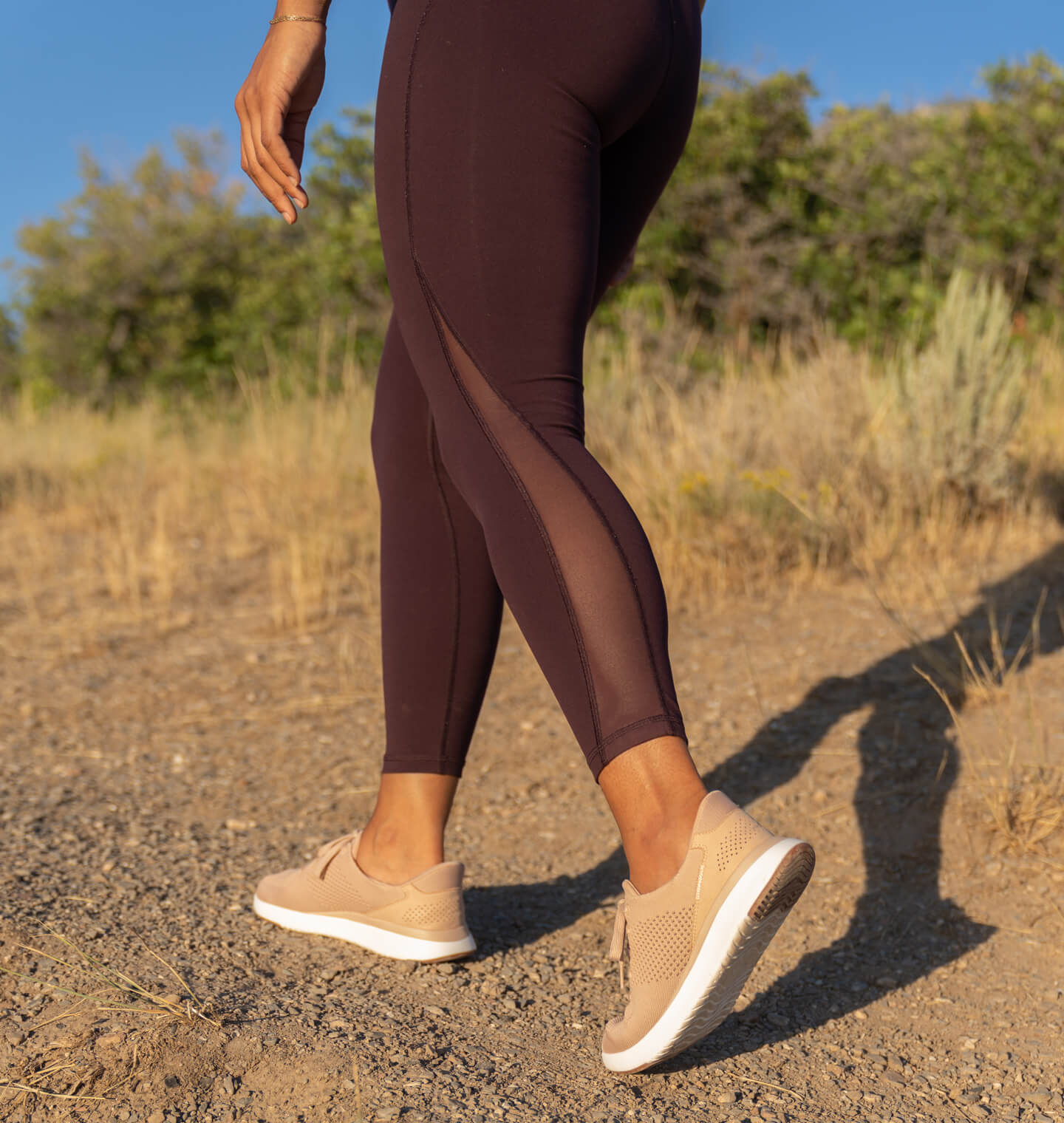
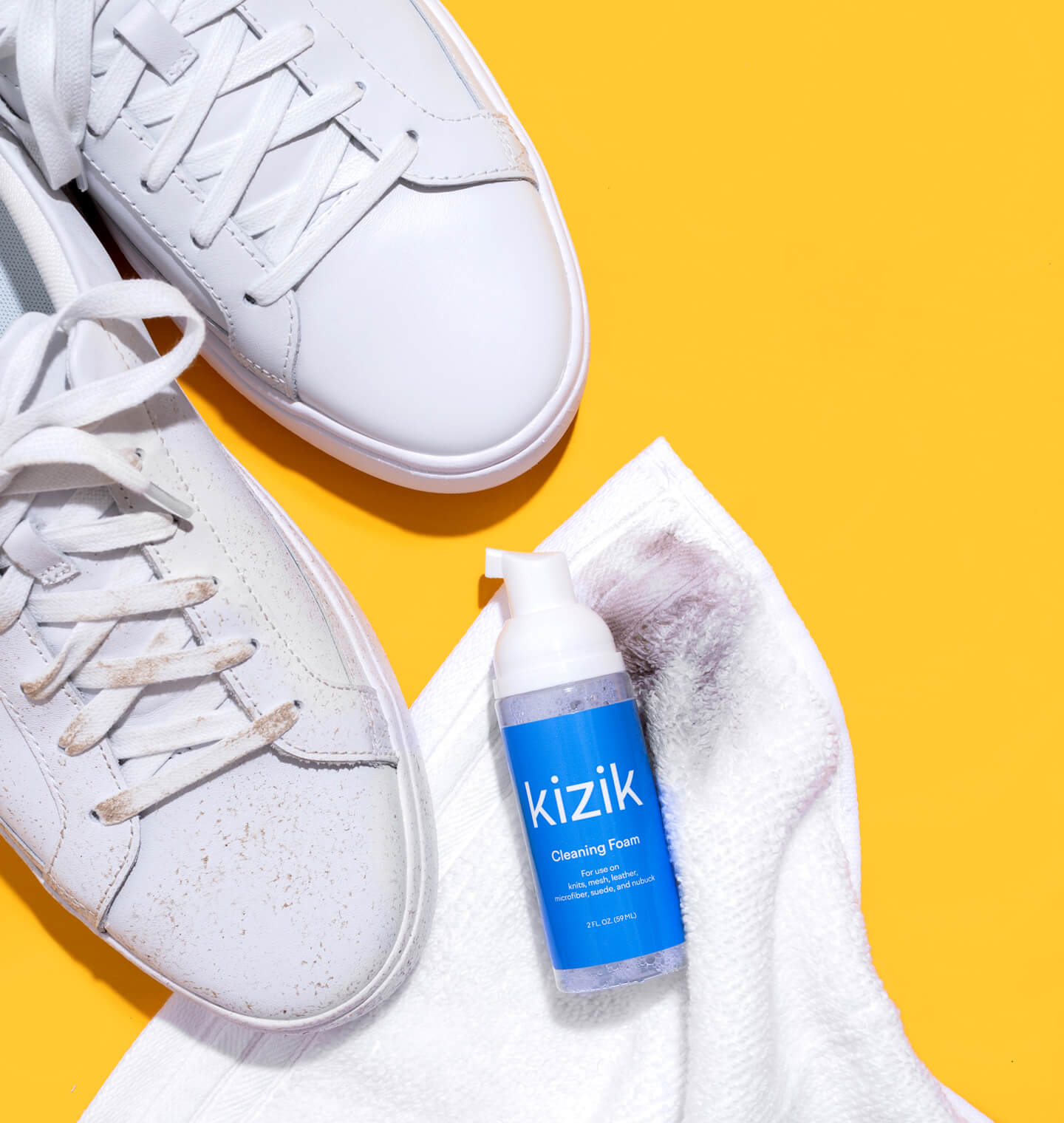
Leave a comment
This site is protected by hCaptcha and the hCaptcha Privacy Policy and Terms of Service apply.